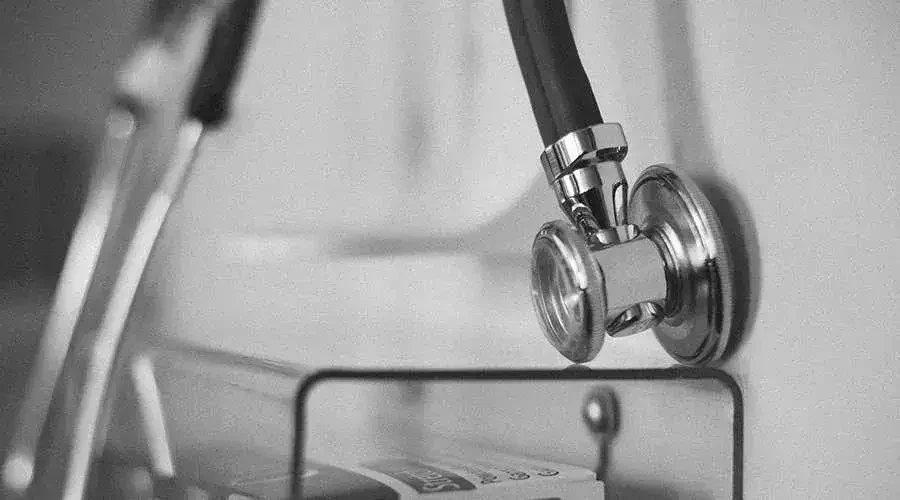
Faced with the recent approval by Spanish MPs of the euthanasia bill, a specialist doctor warned that this legislation will put pressure on the most vulnerable patients and on the practice of medicine.
The Congress of Deputies of Spain approved on Thursday, December 17, the euthanasia bill, a decisive step for its legalization once it passes the Senate procedure.
Some fear that this law will be an obstacle for patients to access palliative care.
Speaking to ACI Premsa, the specialist doctor in palliative care, Dr. Carlos Centeno, a professor at the University of Navarra and a member of the Pontifical Academy for Life, said that “the new law puts pressure on frail patients and on medicine: it leaves patients and doctors in a very bad situation “.
The passage of the euthanasia law “is not something to celebrate, I do not celebrate it, because I conceive of society in a different way.” A society with euthanasia, he stressed, “is not a good model of either medicine or society.”
He indicated that some patients, very few with respect to the total, “will choose to exercise what they interpret as a right. But what about everyone else? Because I’m worried about what happens to all those with advanced diseases, with progressive diseases. and irreversible “.
“What about this majority of seriously ill people who do not apply for euthanasia? Euthanasia sends the message that there are lives that have no value to be lived in circumstances of illness. Some patients will not feel well when they are suffering and need resources, when they need to be hospitalized to receive specialized palliative care, or when they need special treatment to relieve pain, or when the disease does not progress quickly, but slowly, and the deterioration is slow. to these people? What message does euthanasia convey to these people? “
One of the arguments of the promoters of the euthanasia law in Spain is that it gives the option to end life without suffering those who request it, without affecting other people. However, Dr. Centeno refutes this argument.
“I don’t understand that it doesn’t affect other people. It clearly affects them,” he insisted. “We will have to put reasons on the table to claim resources for ALS patients, patients with advanced cancer … I’m not talking about hypotheses, I’m talking about what is being lived in other countries.”
Dr. Centeno, however, does not believe that the law calls into question palliative care, rather it calls into question medicine, “in general the professions of care, the professions of health.”
“Among the purposes of medicine is not to administer a medication to advance death. The purposes of medicine are to heal and relieve,” he stressed.
The problem, he argued, is that the success achieved by medicine in recent years, a success that comes at the hands of technique and therapeutic possibilities that did not exist before, “has put as a paradigm of medicine the cure But we all know that the essence of the doctor is in alleviating suffering. “
“Doctors want to be there, with our science, with our humanity as well, we want to be by the patient’s side because we are trained and trained to relieve. Relieving more than healing is the essence of medicine.”
However, because of this success of medicine in curing, it seems that ‘when you can’t cure is a failure. Then comes euthanasia.’ If I can’t heal, if I don’t live longer, if I’m not going to live well, if I’m suffering because it doesn’t make sense, that’s a failure. ” In short, “the essence of medicine is lived when we cannot heal and when we are by the side of the patient-helper.”
Dr. Centeno also emphasized the situation that doctors will have to face from now on. The doctor, he said, is on the patient’s side and “until science works, and the painkiller works, and the medication becomes effective, until then, we suffer too.”
“And in what situation do they put us when, doing everything we can to relieve the patient, in my right pocket I have the ‘key’ for this to end? What about the doctor, this professional, this nurse, who is exhausted, after extending the day because another patient arrives and another patient and another patient, what happens if he has in his pocket the key to end this suffering, that of the patient and his? “.
“Surely this suffering could be alleviated with a little more time, with a consultation with a colleague, or with a deeper assessment,” he explained.
He lamented, therefore, that “the conception of medicine is changing. The model of society, which introduces a law of euthanasia, is a model in which value is not to accompany what one suffers. It is no longer an absolute value. , the absolute value for medicine is no longer to relieve and heal when it can, but to relieve and heal when it can be endured to the end if we can. “
“Even if we are few we will continue to defend a model of society and a model of medicine that are radically different from those proposed by a society with euthanasia,” he concluded.